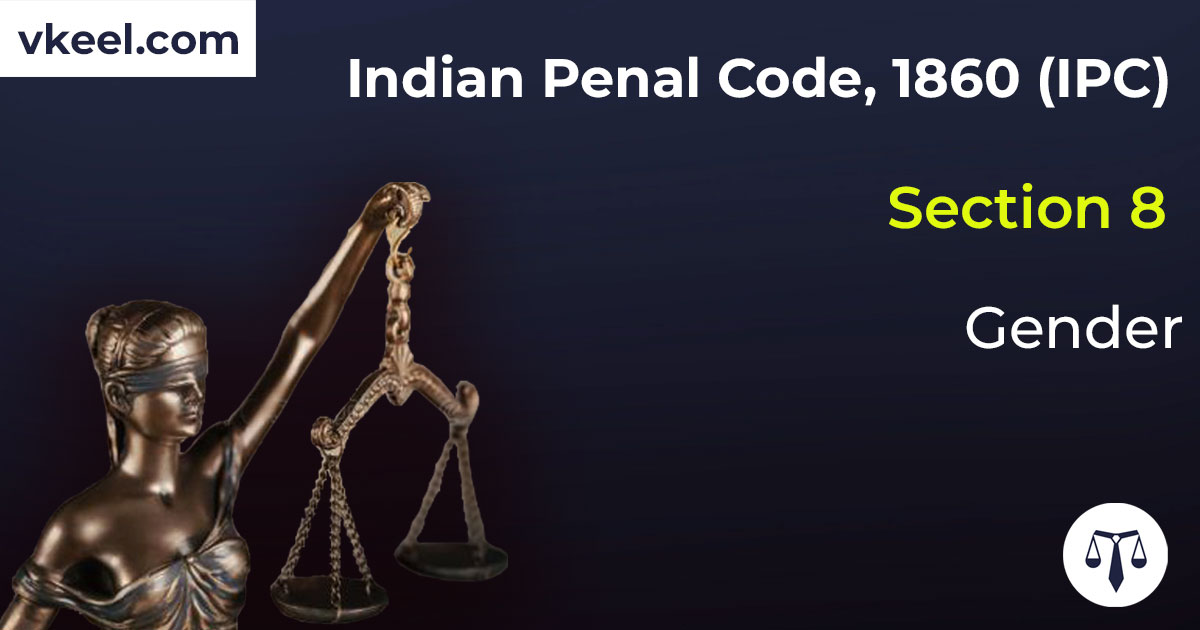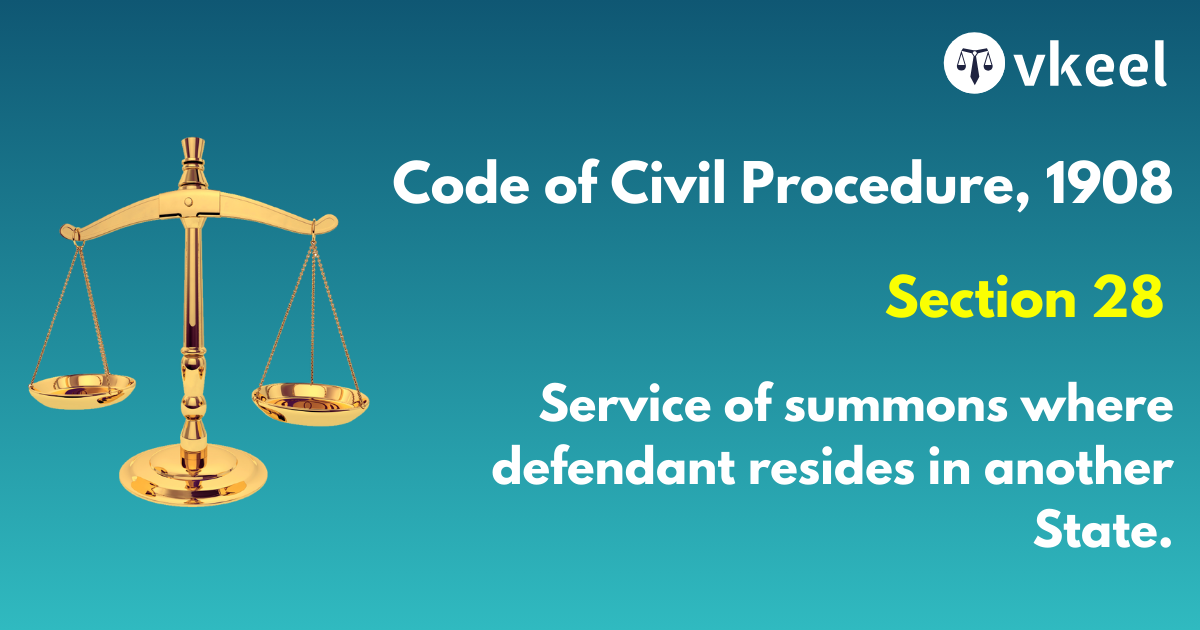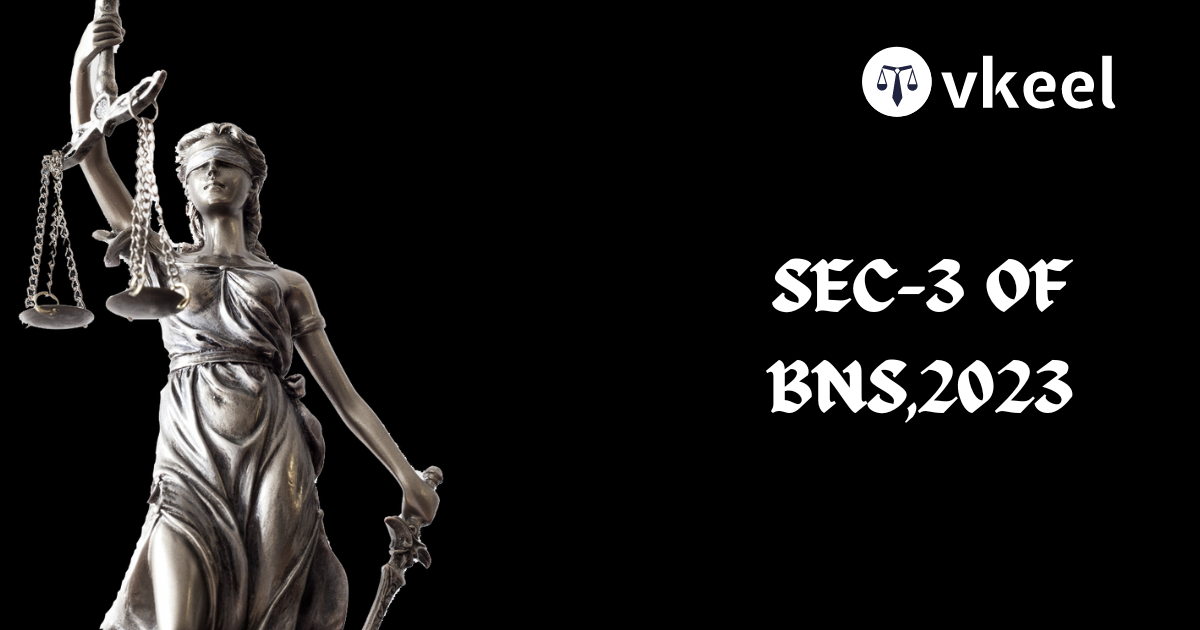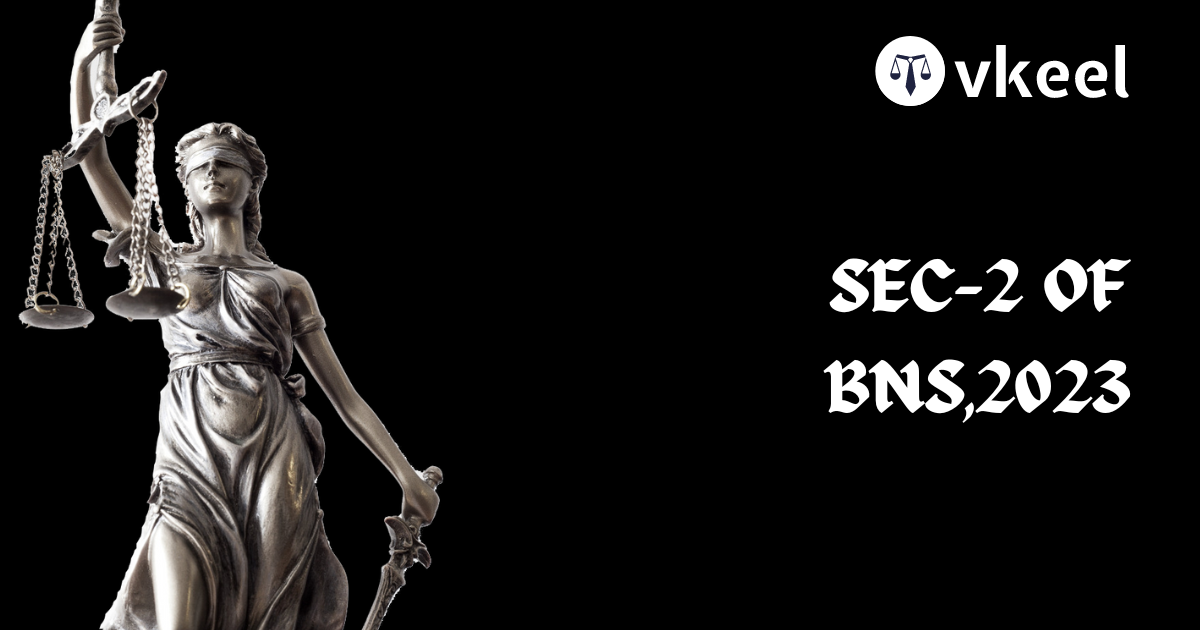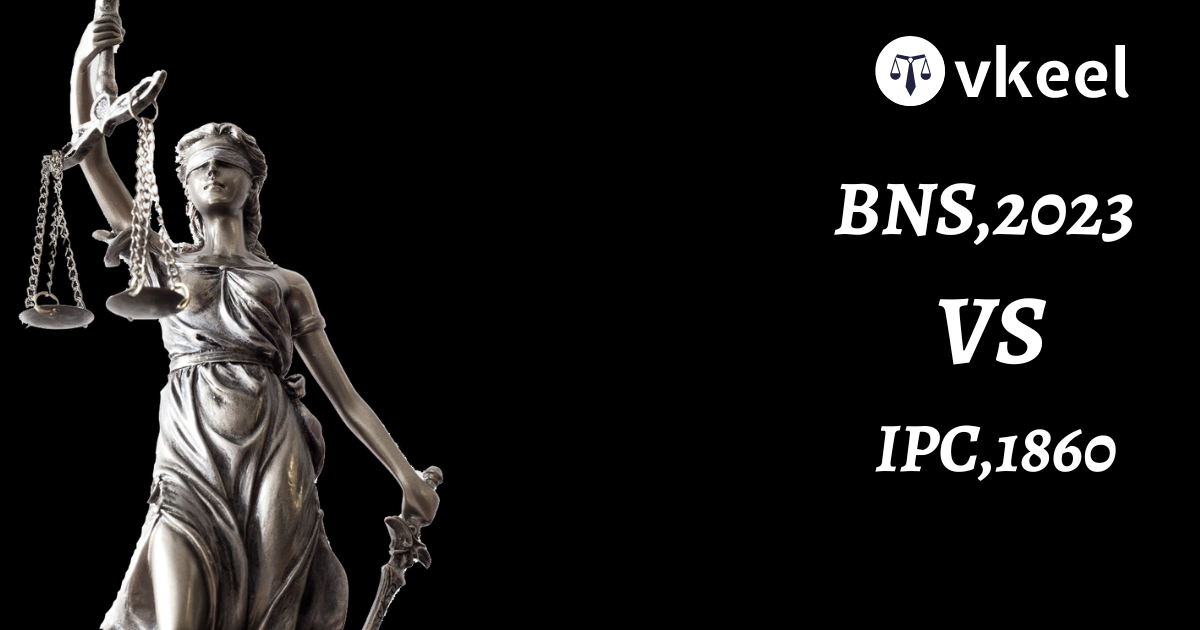Section 8 Indian Penal Code 1860 (IPC) – Gender
By Vkeel Team
Table of Contents
Description
“Section 8 Indian Penal Code 1860 (IPC)”
The pronoun “he” and its derivatives are used of any person, whether male or female.
The Origin and Purpose of Section 8 of the Indian Penal Code
Section 8 of the Indian Penal Code (IPC) was included in the original text when it was enacted in 1860. The purpose of this section was to establish the interpretation of words and phrases used in the IPC, specifically the use of the pronoun “he” and its derivatives. The section states that the pronoun “he” and its derivatives can be used to refer to any person, regardless of their gender.
The use of gendered language in the IPC was a reflection of the societal norms prevalent at the time of its enactment, where men held dominant positions in all aspects of life, including the legal system. Therefore, the use of gendered language in legal texts was not questioned.
Amending Section 8: A Shift Towards Gender-Neutral Language
However, with changing times, the use of gendered language in legal texts came under scrutiny, and in 2013, the Criminal Law (Amendment) Act was passed, which aimed to address gender-based violence and discrimination in India. As part of this amendment, Section 8 of the IPC was also amended to replace the use of gendered language with gender-neutral language.
The amended Section 8 now states that any expression that implies a reference to a man or a woman should be construed to include a reference to a woman or a man, as the case may be. This change reflects a shift towards more inclusive and gender-neutral language in legal texts.
The Significance of the Amendment
The amendment of Section 8 is significant as it acknowledges the role of language in shaping societal attitudes towards gender roles and reinforces the importance of gender equality. It also sets a precedent for the use of gender-neutral language in other legal texts and serves as an example for other countries to follow.
The amendment of Section 8 is also part of a larger effort to address gender-based violence and discrimination in India. The Criminal Law (Amendment) Act introduced several changes to the IPC and other laws to strengthen the legal framework for dealing with crimes against women and children, and to promote gender equality and justice.
Implications and Challenges
While the amendment of Section 8 is a positive step towards gender equality, there are still challenges in its implementation. The use of gendered language is deeply ingrained in the legal system, and it will take time to change this practice.
There is also a need for greater awareness among legal professionals and the public about the importance of gender-neutral language in legal texts. This requires a concerted effort from all stakeholders, including the government, legal professionals, and civil society organizations.
Furthermore, the amendment of Section 8 is just one aspect of a larger effort to promote gender equality and justice in India. There is a need for comprehensive legal and policy measures to address gender-based violence and discrimination in all spheres of life.
Conclusion
In conclusion, Section 8 of the Indian Penal Code, which was originally meant to establish the interpretation of words and phrases used in the IPC, has undergone a significant change. The amendment of Section 8 reflects a shift towards more inclusive and gender-neutral language in legal texts and reinforces the importance of gender equality.
However, there are still challenges in implementing this change, and it requires a concerted effort from all stakeholders to promote gender-neutral language in legal texts and address gender-based violence and discrimination in India. The amendment of Section 8 is just one step in this direction, and there is a need for comprehensive legal and policy measures to achieve gender equality and justice.
Description Source: indiacode
Disclaimer:
The information provided in the article is for general informational purposes only, and is not intended to constitute legal advice or to be relied upon as a substitute for legal advice. Furthermore, any information contained in the article is not guaranteed to be current, complete or accurate. If you require legal advice or representation, you should contact an attorney or law firm directly. We are not responsible for any damages resulting from any reliance on the content of this website.

